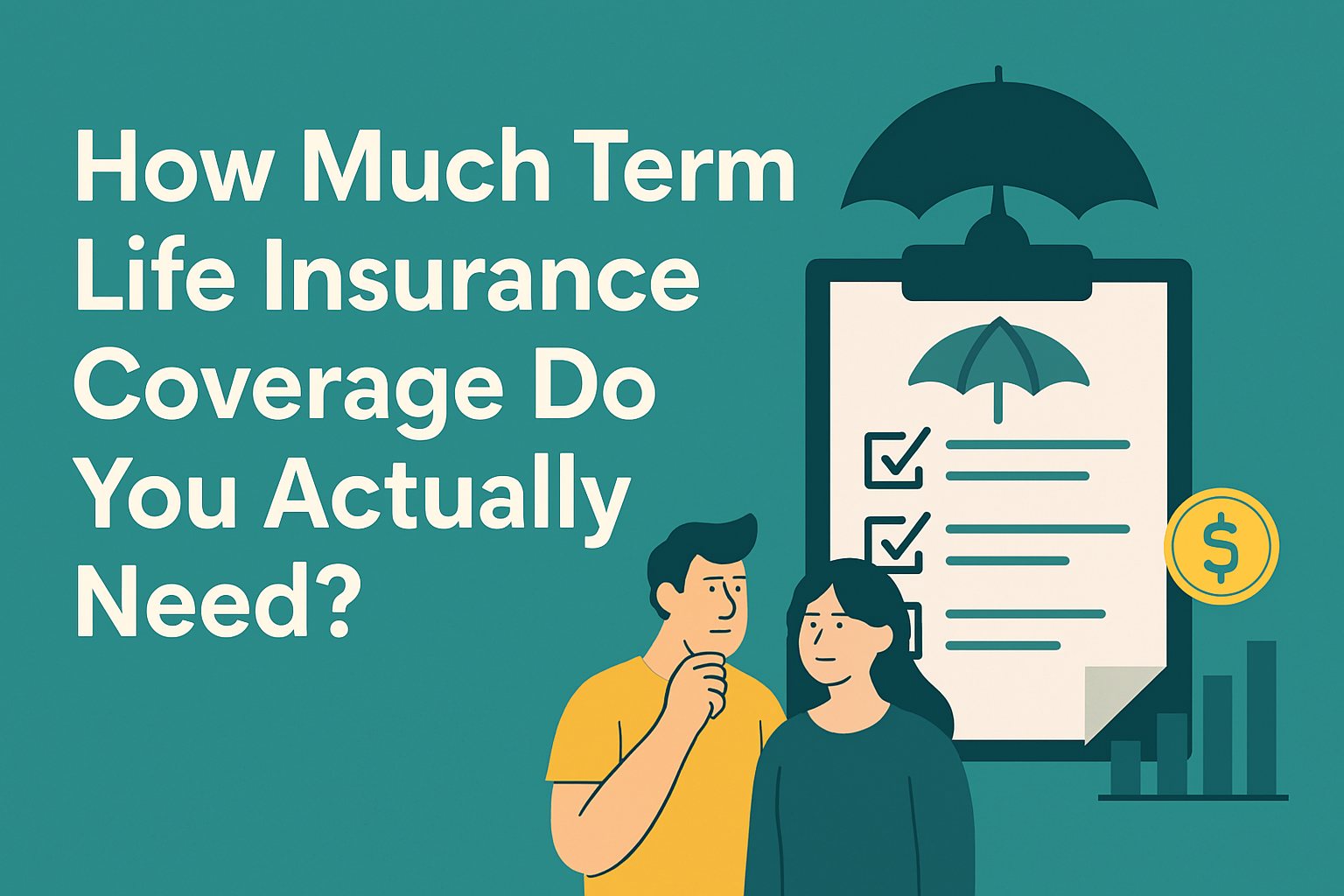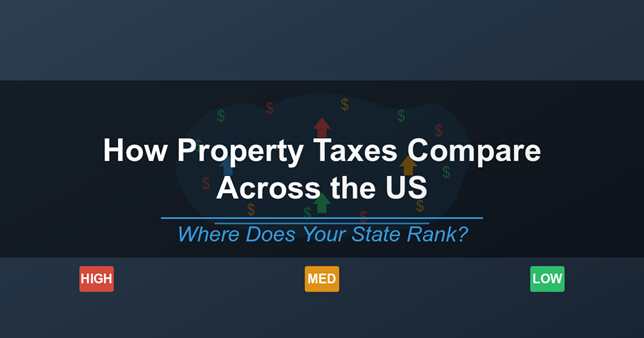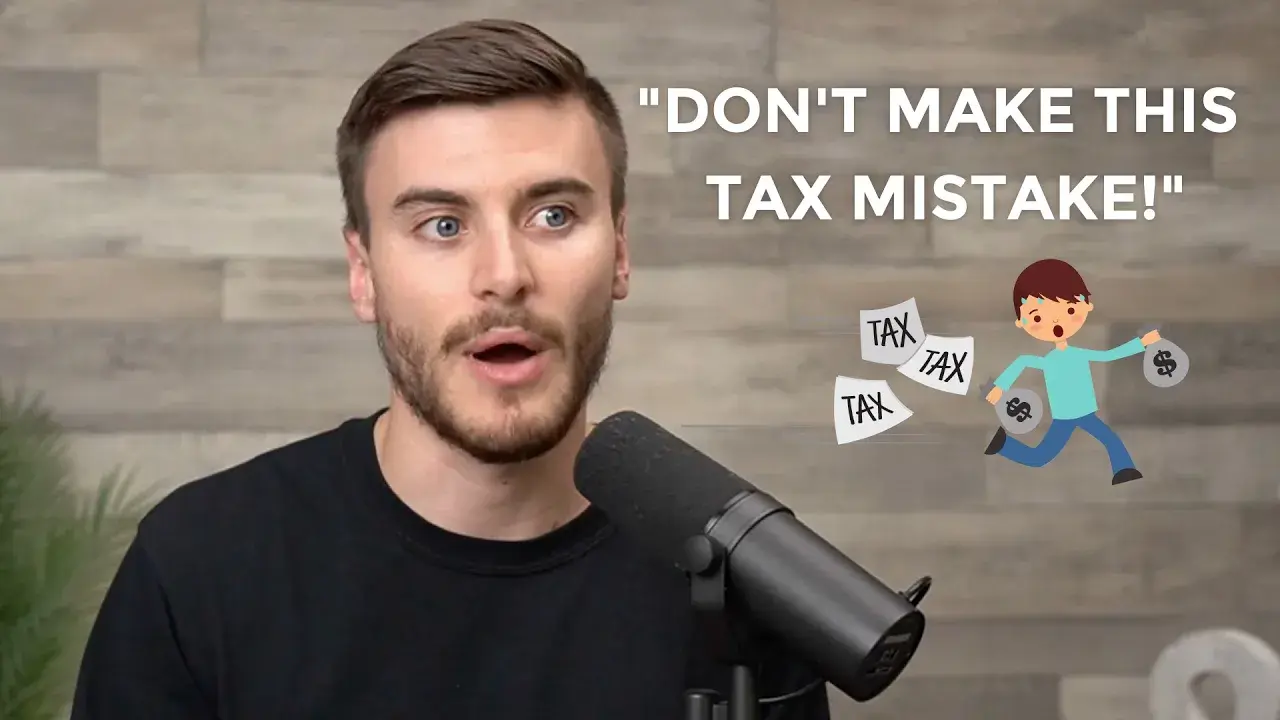Hidden Costs of Bi-Weekly Mortgage Payments Revealed
BetterWealth
December 15, 2025
Paying off your mortgage biweekly is often portrayed as a revolutionary way to save on interest payments. In collaboration with Todd Langford, the founder of Truth Concepts, we delve deep into the mechanics of biweekly mortgage payments.
In an earlier video, we explored the 15-year mortgage versus a 30-year mortgage, focusing on factors like opportunity cost and interest rates. If you haven't watched that yet, consider pausing this and watching it first as it lays the groundwork for today's topic.
How Does Biweekly Payment Work?
Many claim that switching to biweekly payments will save you enormous interest costs over the life of your mortgage. But what does that actually mean?
- Instead of paying your mortgage monthly, you split the payment in half and pay every two weeks.
- This results in 26 half payments per year, equating to 13 full payments annually.
Herein lies the so-called “magic” of biweekly payments: you make one extra payment each year, which can significantly reduce the length of your mortgage and the interest you pay.
The Real Cost Breakdown
The conversation doesn't end with just making an extra payment per year. Todd Langford aids us in understanding what biweekly payments truly cost when considering time and opportunity.
- By making additional payments, the term of the mortgage can reduce significantly (typically around five and a half years off a 30-year term).
- This leads to a considerable decrease in interest payments over time.
For example, on a $400,000 mortgage at 6% interest, a traditional monthly payment might mean paying $863,000 in total interest over 30 years. Biweekly payments reduce this to around $366,000, saving nearly $100,000 in interest.
The Bigger Picture
While interest savings are appealing, they aren't the full story. We must account for opportunity cost—the earnings lost by tying up money in a mortgage payment rather than investing it elsewhere.
We examined several scenarios, all yielding different outcomes based on mortgage length, interest rate, and payment strategy. One constant was clear: understanding individual financial discipline and goals is paramount.
Would a 30-year mortgage with disciplined investing of the monthly savings yield more? It's crucial to tailor decisions to personal habits and financial goals.
In Summary
The allure of biweekly payments lies in slightly altering your payment strategy to reduce interest costs significantly, but remember:
- It's essentially about adding an extra payment each year, not just the biweekly structure.
- Consider opportunity cost and your financial discipline when evaluating mortgage options.
Join us for further exploration into mortgage strategies and align those with your broader financial vision.
.png)


